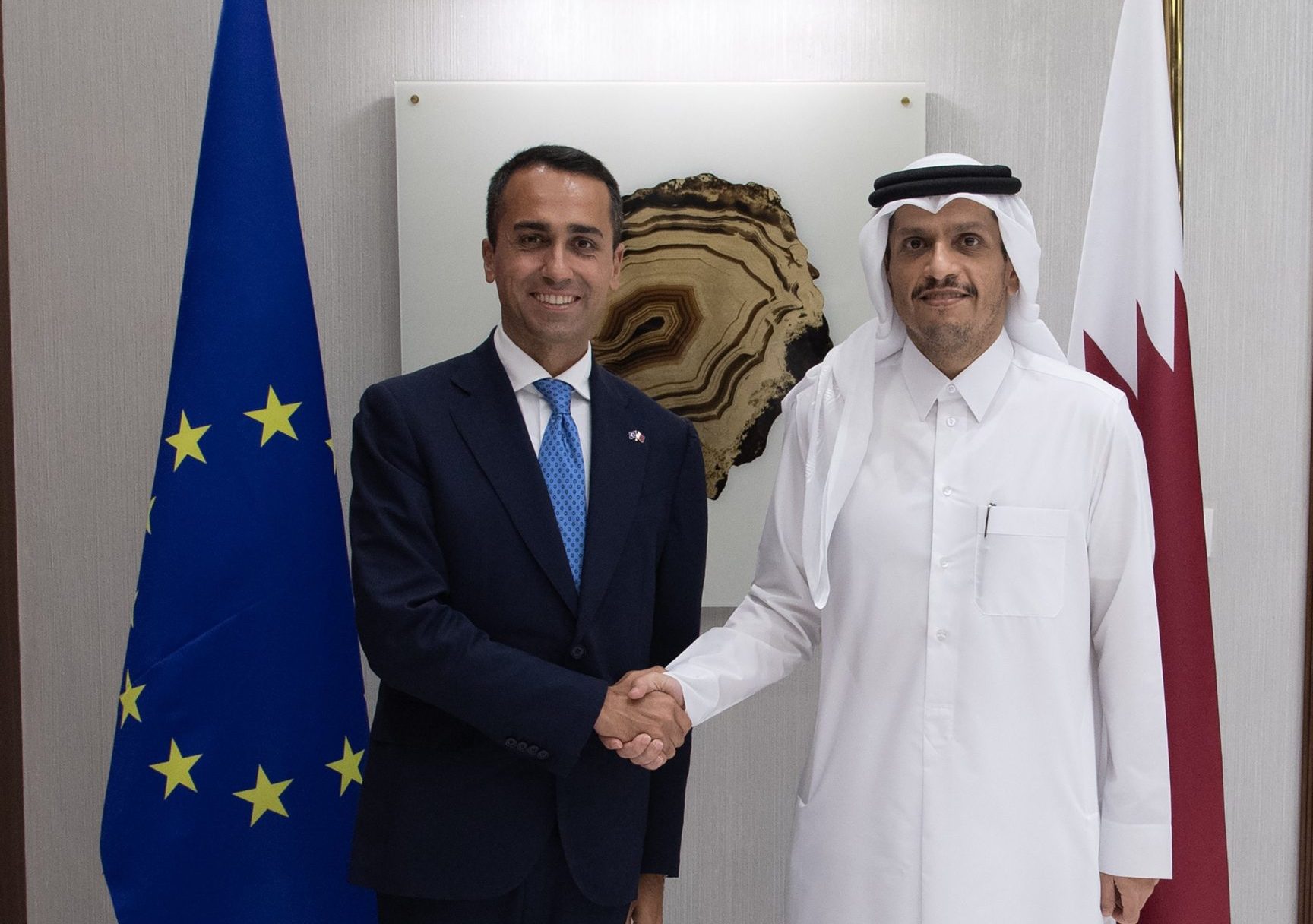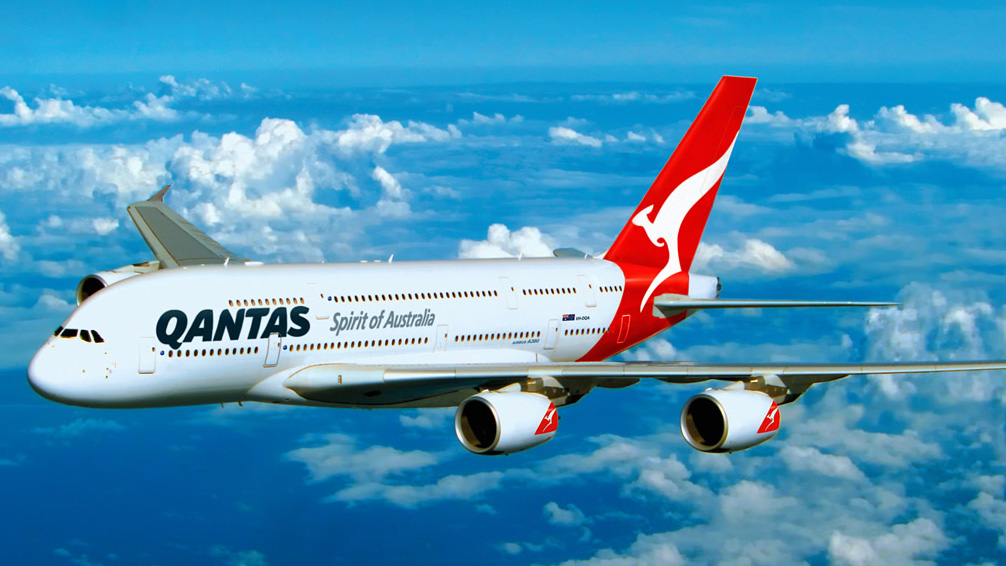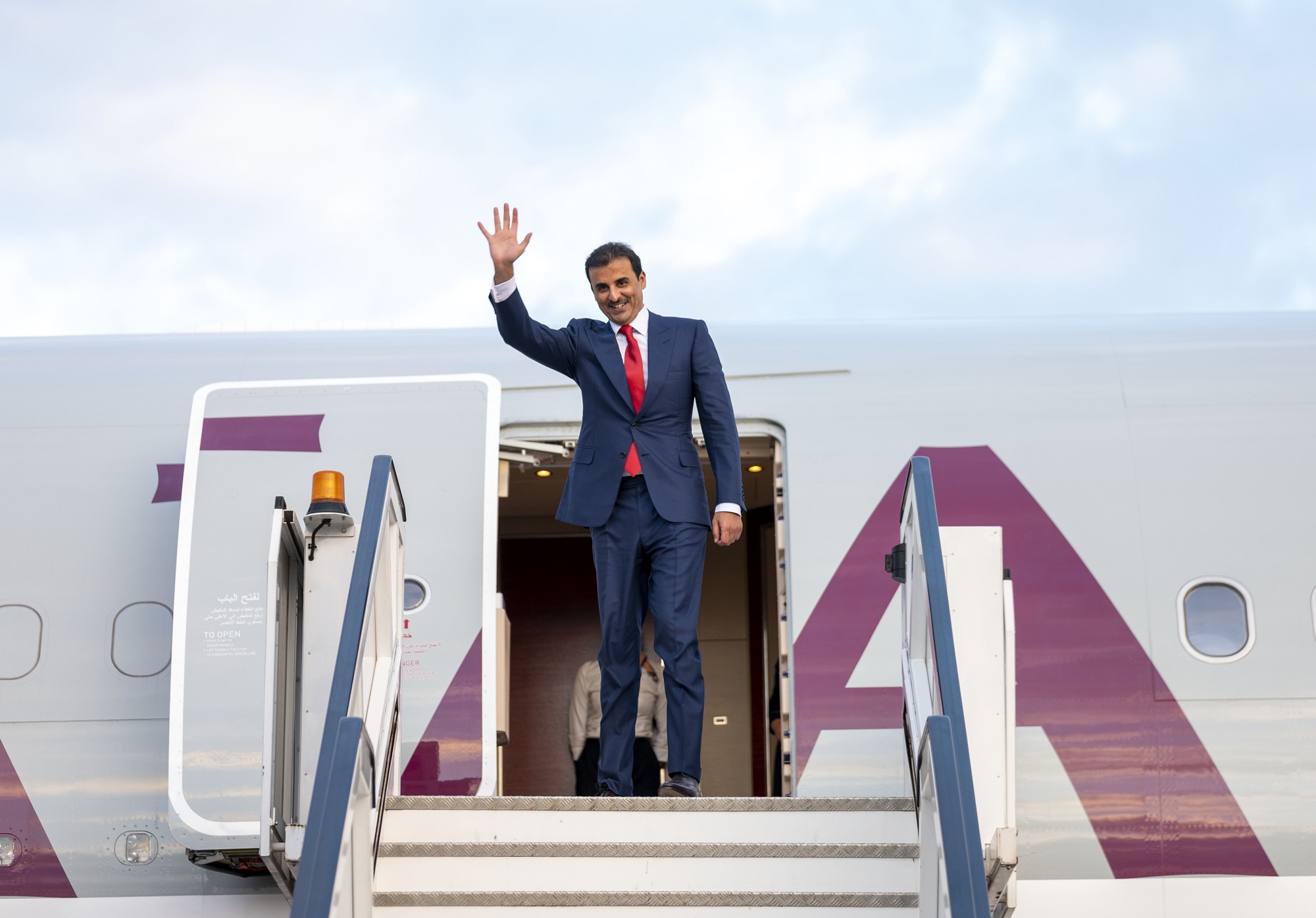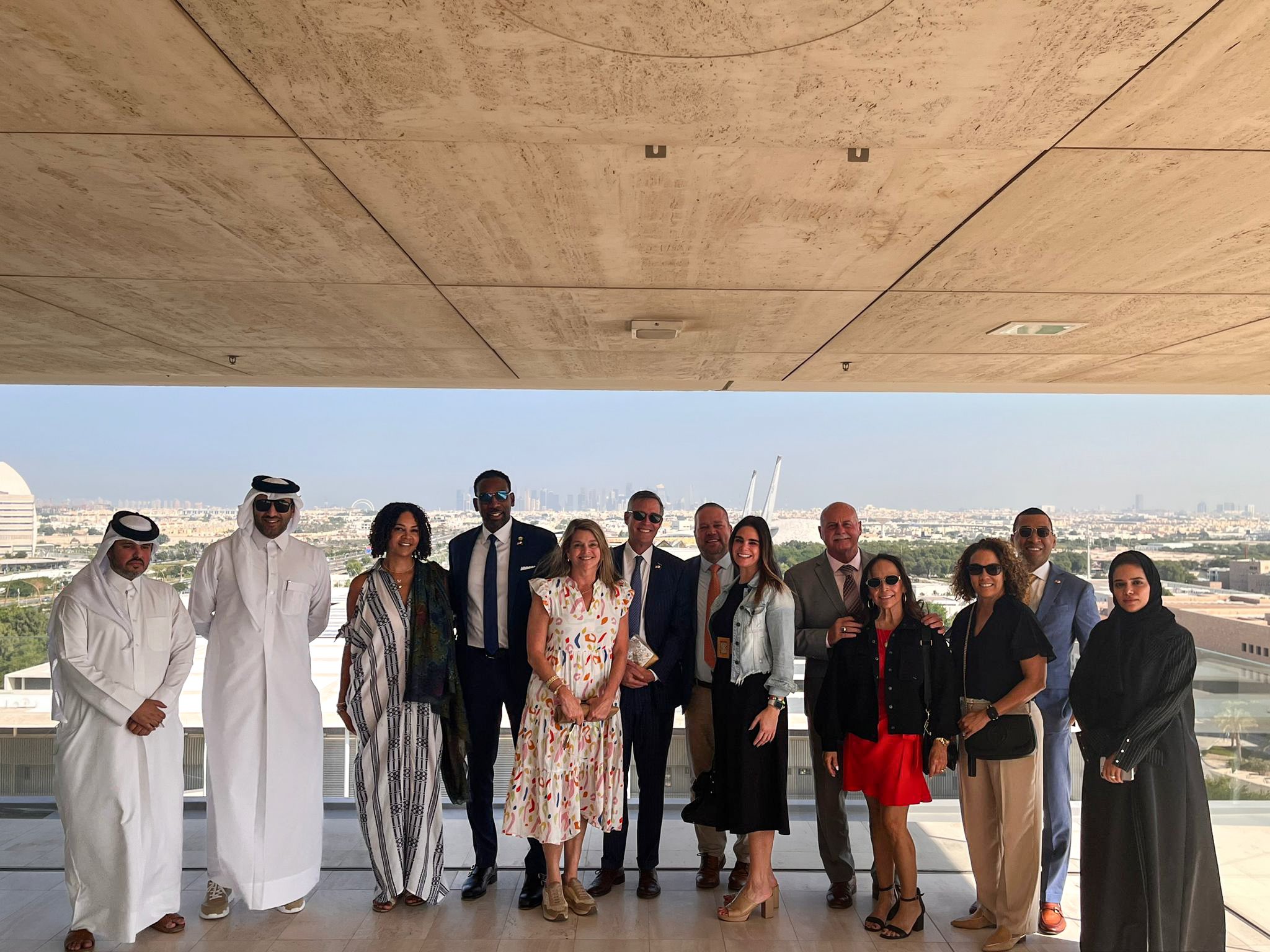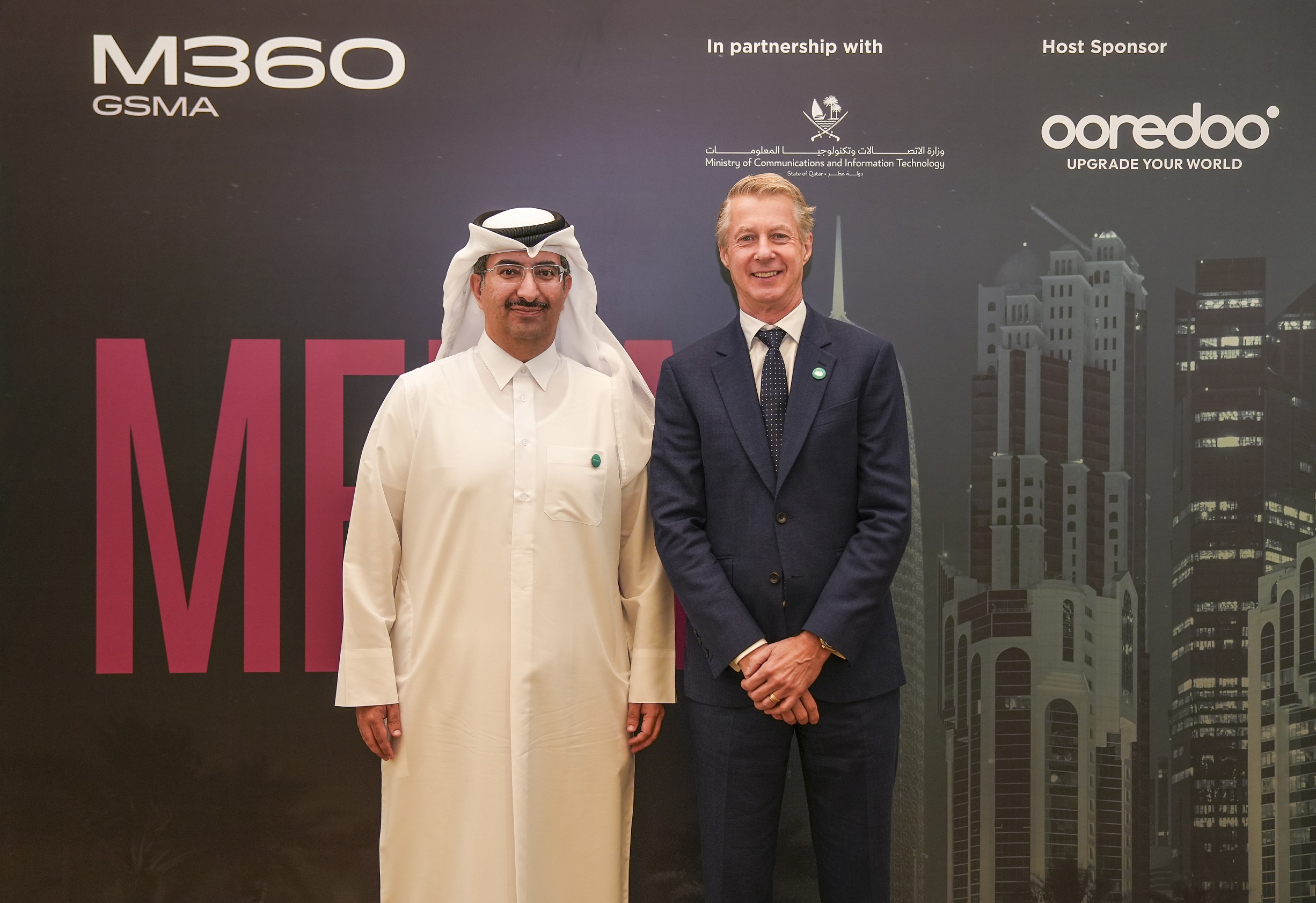Prior to his appointment, Di Maio served as Italy’s foreign minister from 2019 to 2022.
Qatar and the European Union explored the latest regional and international developments during an official visit to Doha on Wednesday, as the bloc seeks to boost its ties with the Gulf region.
The discussions took place in the Qatari capital between Qatar’s Prime Minister and Minister of Foreign Affairs Sheikh Mohammed bin Abdulrahman Al Thani and the EU’s Special Representative (EUSR) for the Gulf region, Luigi Di Maio.
“During the meeting, they discussed the cooperation relations between the State of Qatar and the EU, and the latest regional and international developments,” read a statement by Doha’s foreign ministry.
The Italian diplomat assumed his role as the EU’s first envoy for the Gulf in May in a bid to solidify ties and cooperation between the two regions. Prior to his appointment, Di Maio served as Italy’s foreign minister from 2019 to 2022.
“The Prime Minister and Minister of Foreign Affairs congratulated HE Luigi Di Maio on assuming the position of EUSR for the Gulf Region, wishing him success in performing his duties,” the Qatari foreign ministry added.
The EU previously said the Italian diplomat’s appointment was part of efforts “to further develop a stronger, comprehensive and more strategic EU partnership with the countries in the Gulf region.”
“He [Di Maio] will equally support and cooperate with the Council and the European Commission to help ensure the consistency of the EU’s external action in the region, and contribute to increase the visibility and understanding of the role of the EU,” the bloc said on 13 May.
His appointment occured at a critical time for the EU’s gas market, in light of the Russian invasion of Ukraine in February 2022, as European nations sought to reduce their reliance on Moscow’s gas.
Last year’s geopolitical events placed Qatar at the centre of energy discussions, particularly given that the Russian pipeline made up 40% of Europe’s gas supply at the time.
However, Di Maio maintained that the EU’s decision to appoint a special envoy for the Gulf was made prior to the Ukrainian crisis.
“We started the negotiation and the creation of the joint communication before the Russian aggression on Ukraine,” Di Maio told Arab News in July during his first trip to Saudi Arabia since his appointment.
The Italian diplomat added: “The idea was the importance that you have at multilateral and bilateral level, and how the EU can do more in order to update the level of the partnership.”
Meanwhile, the EU sought to further bolster its relations with its Gulf partners last year by proposing an entry visa exemption for Qatari and Kuwaiti citizens.
The European Commission submitted a proposal in April 2022 that would grant entry for the nationals of the two countries for up to 90 days. The move would see Qatar and Kuwait join the United Arab Emirates, which was added to the visa-free regime in 2014.
The decision is expected to be applicable to all EU member states except for Ireland. Other Schengen associated countries that are not subject to the visa waiver include Iceland, Liechtenstein, Norway and Switzerland.
In June last year, the Council of the European Union said the move to negotiate such a mandate was approved by the Permanent Representatives Committee (Coreper), SchengenVisaInfo.com said at the time.
However, the last update on Qatari citizens’ exemption for Schengen visa came on 2 December, when the European Parliament’s Committee on Civil Liberties, Justice, and Home Affairs (LIBE) approved the proposal.

